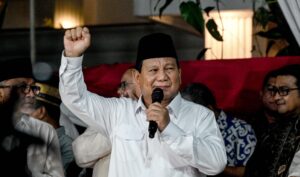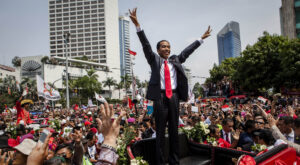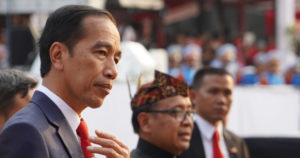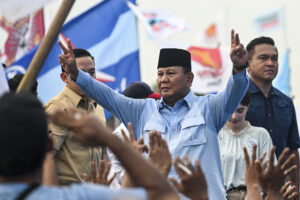
July 2024, Volume 35, Issue 3
Southeast Asia’s Toxic Alliances
What some elites in Indonesia, Malaysia, and Thailand portray as “unity” is nothing more than a corrupt bargain meant to cheat voters of their right to decide their country’s political future before a single ballot is cast.





